California has faced severe droughts and unpredictable water conditions. Governor Gavin Newsom is working hard to adapt the state’s response to help manage these ongoing issues.
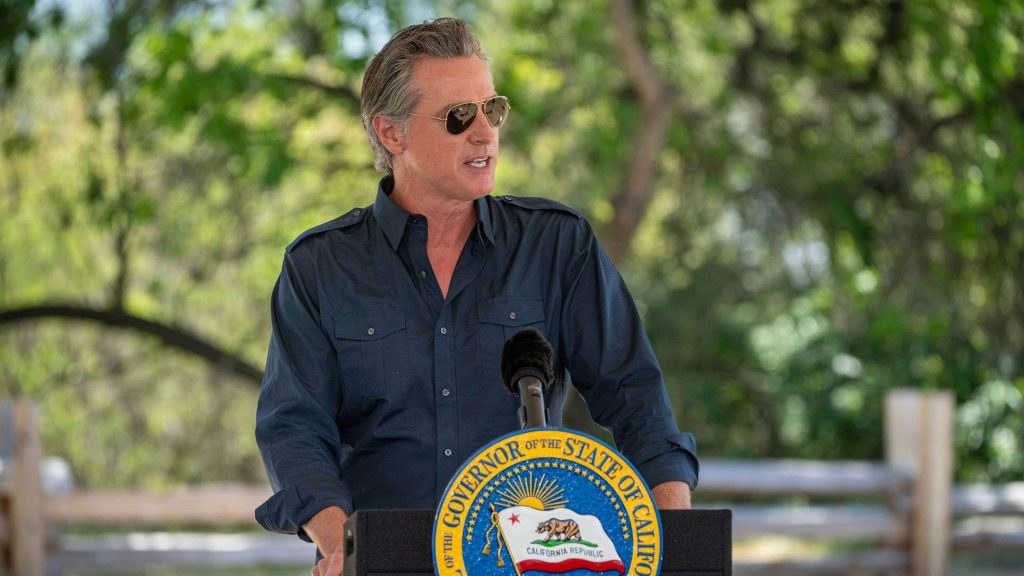
Governor Newsom has ended the drought state of emergency in 19 counties. These areas saw significant improvement after two wet winters.
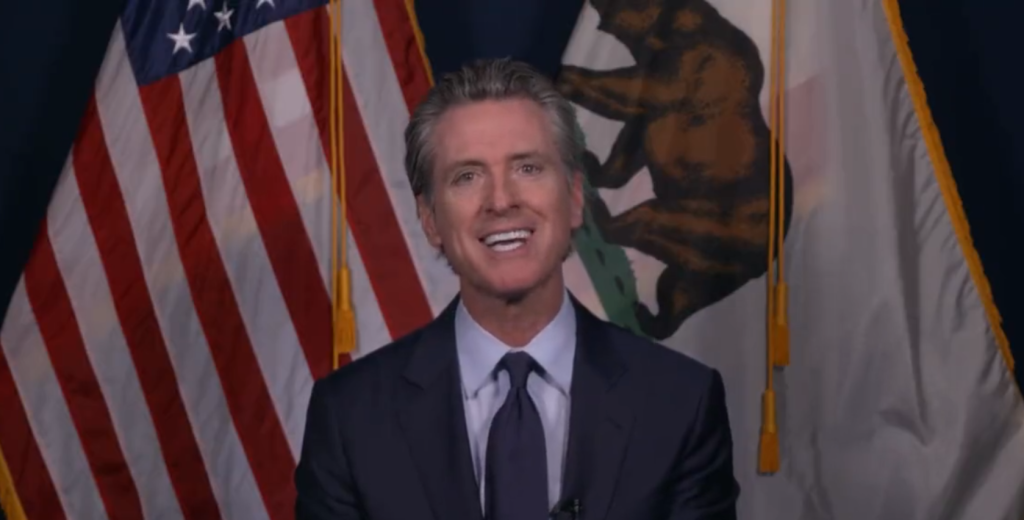
While conditions have improved in some areas, 39 counties remain under a drought state of emergency, with some of the driest years on record. These counties still struggle with long-term water shortages.
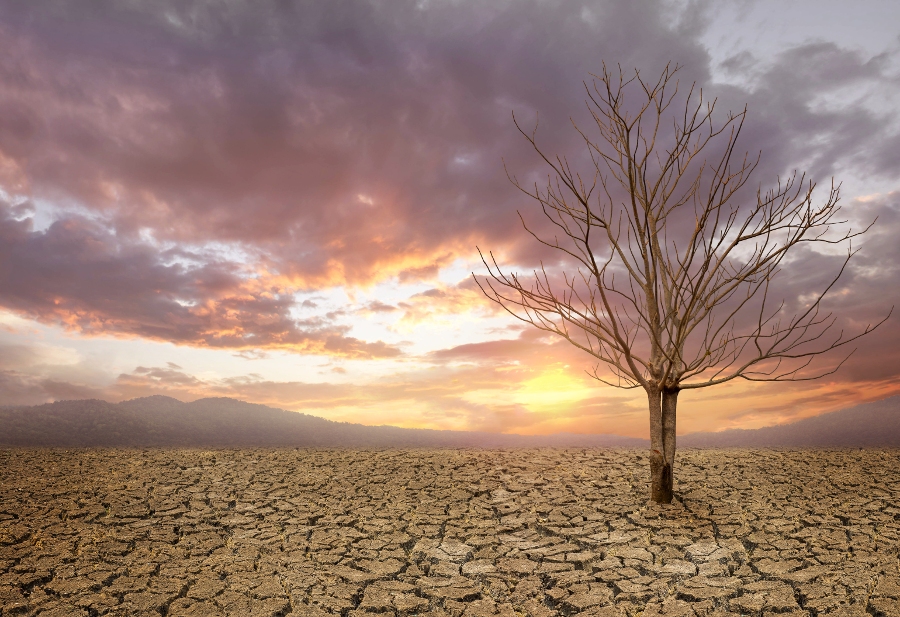
The Governor has rolled back several drought and flood-related provisions. These changes are meant to focus resources where they are still needed.
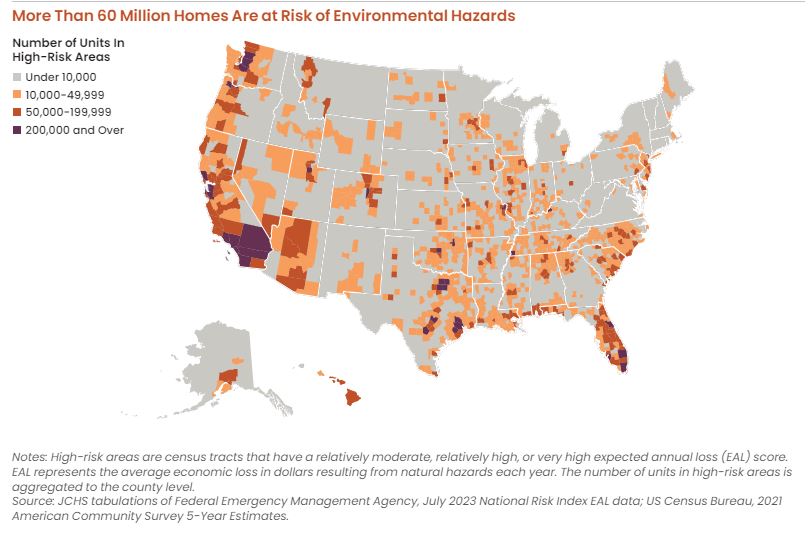
California’s water conditions change frequently, with periods of both extreme dryness and wetness. The state is preparing for these challenges by building a climate-resilient water system.
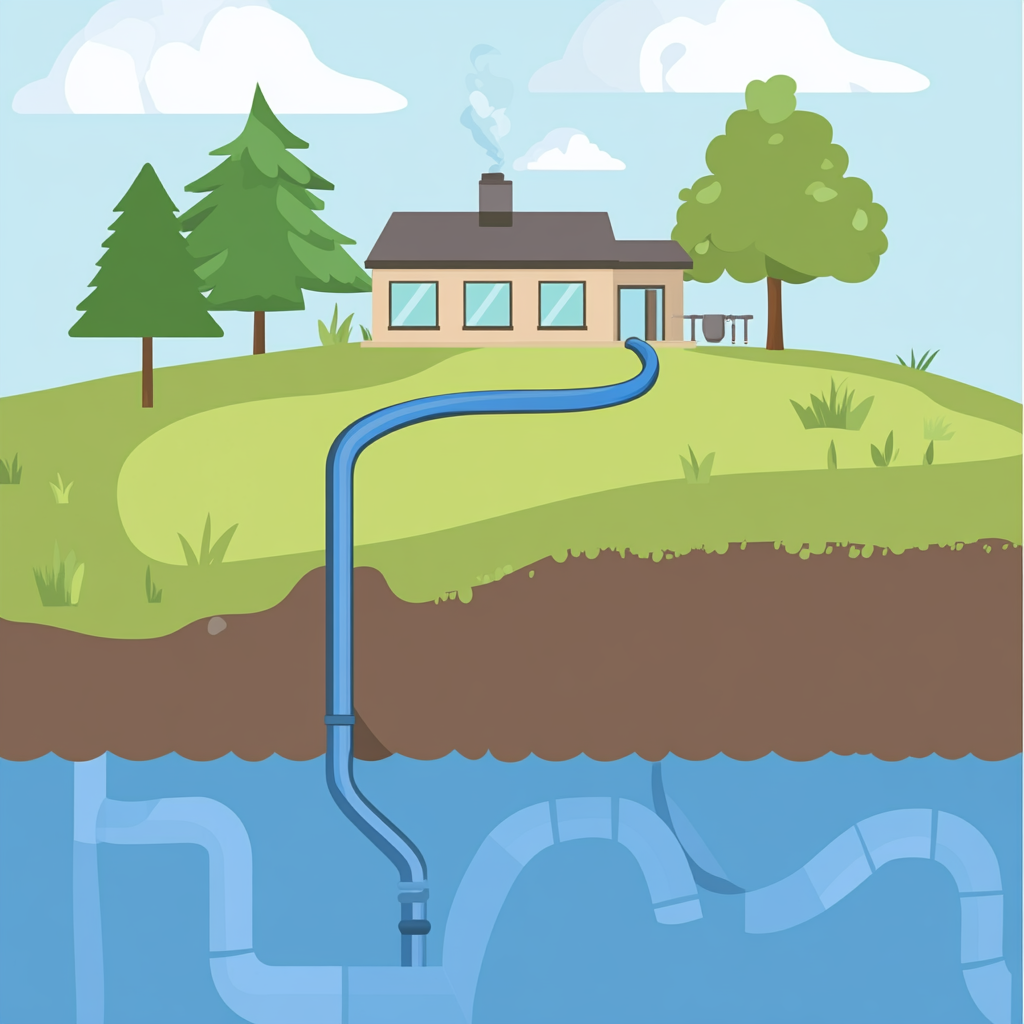
One key goal is to increase groundwater recharge capacity by 500,000 acre-feet annually. Groundwater recharge helps replenish water supplies for future use.

California is also focusing on expanding its water storage capabilities. This includes repairing reservoirs and creating new storage projects to handle excess stormwater.
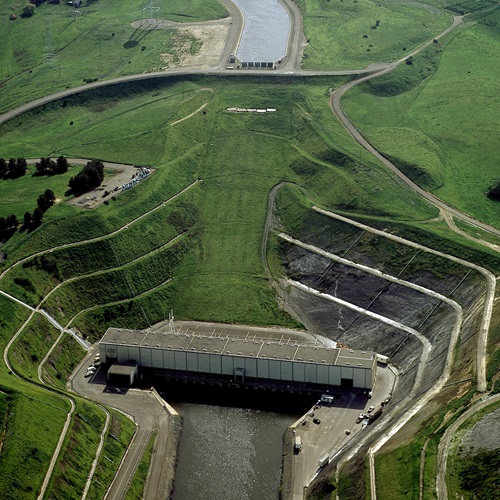
To improve the efficiency of water transportation, California is modernizing its water infrastructure. Projects like the Delta Conveyance Project aim to secure reliable water flow.

Climate models suggest California could lose 10% of its water supply by 2040 due to hotter, drier conditions. The state is investing in long-term strategies to mitigate this impact.

Governor Newsom’s actions reflect a proactive approach to California’s complex water challenges. By building resilience and preparing for future droughts, the state aims to ensure water security for its people and environment.
Source: Official Governor of California’s website.





